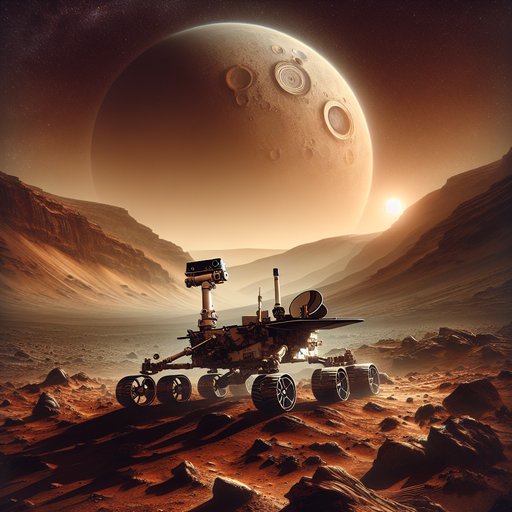 NASA's Perseverance rover, the most advanced astrobiology lab ever sent to another world, is rewriting our understanding of Mars. Since its landing in February 2021, the rover has been exploring the Jezero Crater, a region believed to have once been flooded with water, in search of signs of ancient microbial life.
NASA's Perseverance rover, the most advanced astrobiology lab ever sent to another world, is rewriting our understanding of Mars. Since its landing in February 2021, the rover has been exploring the Jezero Crater, a region believed to have once been flooded with water, in search of signs of ancient microbial life.
 The advent of advanced telescopes has dramatically transformed our understanding of the cosmos. These sophisticated instruments, capable of peering into the farthest reaches of the universe, have unveiled phenomena that were once beyond human comprehension. From the discovery of distant galaxies to the detection of exoplanets, telescopes have become the cornerstone of astronomical exploration.
The advent of advanced telescopes has dramatically transformed our understanding of the cosmos. These sophisticated instruments, capable of peering into the farthest reaches of the universe, have unveiled phenomena that were once beyond human comprehension. From the discovery of distant galaxies to the detection of exoplanets, telescopes have become the cornerstone of astronomical exploration.

The Indian Space Research Organisation (ISRO) is gearing up for the launch of its latest weather surveillance satellite, EOS-09. Announced by ISRO Chairman V. Narayanan, this satellite is expected to enhance India's capabilities in weather monitoring and forecasting, providing crucial data for agriculture, disaster management, and climate research [8].

In a groundbreaking development for space exploration, a new rocket technology has been successfully launched, promising to significantly enhance the efficiency and capability of future space missions. This advancement marks a pivotal moment in the aerospace industry, as engineers and scientists continue to push the boundaries of what is possible in space travel.






















































